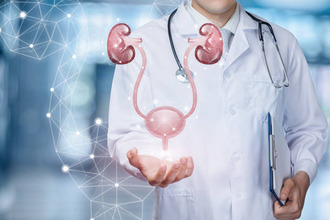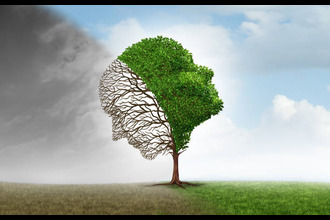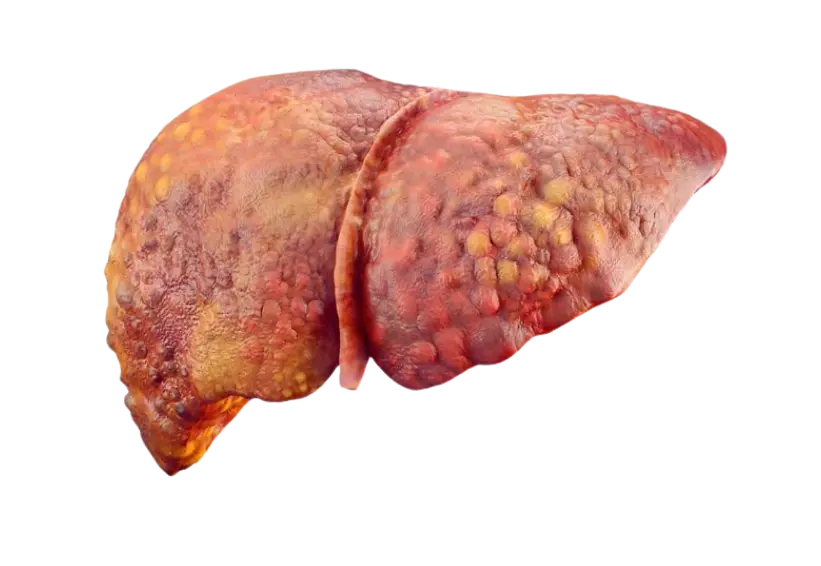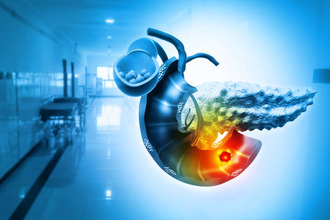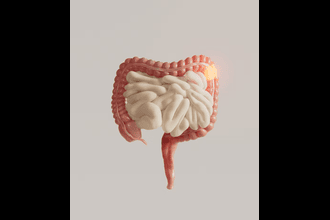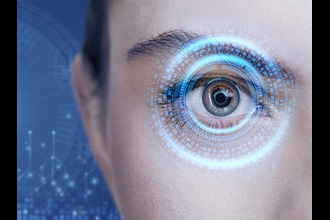Symptoms of mental disorders vary in severity and may include:
- Persistent sadness or irritability
- Excessive worry, fear, or panic
- Extreme mood swings
- Difficulty concentrating or unclear thoughts
- Changes in sleep patterns or appetite
- Physical health issues without a clear medical cause
- Avoidance of social interactions
- Self-harm or suicidal thoughts
